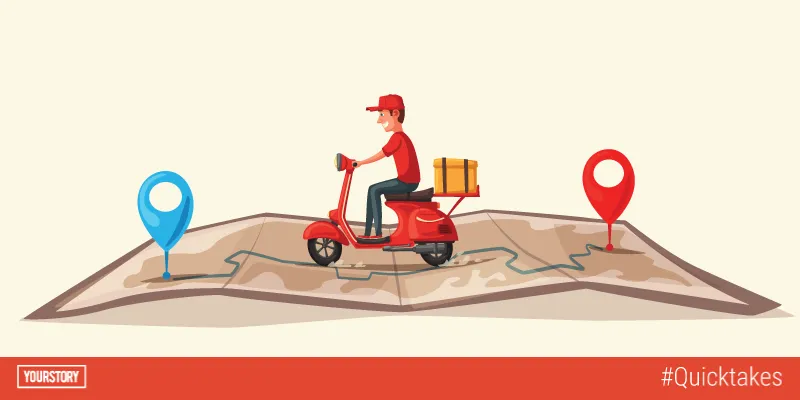Indian food-tech sector gets hungrier by the month
The Indian food-tech sector was mired in turmoil just a couple of years ago, with none of the companies in the space able to make any headway. In fact, many analysts predicted that the segment would wind down soon, with many of the smaller players shutting shop.

But 2018 has seen quite a different script, thus far. The sector’s leading lights, Swiggy and Zomato, have burst through, raising huge capital triggering a turnaround in fortunes. As a result, we have two unicorns in the sector.
Earlier this week, Swiggy announced that it has raised $210 million in a significant round of funding led by South Africa’s Naspers Ltd and investment house DST Global. In February this year, Zomato raised $150 billion from Ant Financial. Swiggy itself had raised $100 million in the same month, in a round led by Naspers. Last year, Uber Technologies had launched UberEats in India, while Ola bought out FoodPanda’s Indian operations. That’s a whole lot of developments in one single sector, in a short span of time.
Let’s look at the statistics. As per research carried out by Yourstory, till date this year, the foodtech sector has garnered investments of $523 million, including the latest Swiggy deal. Of this, Swiggy and Zomato together raised over $460 million. In the whole of 2017, the sector saw investments of $257 million. That gives you a sense of the rapid pace of progress.
According to data provided by advisory firm RedSeer Consulting, the food-tech industry grew 150 percent from $120 million in 2015, to $300 million in gross merchandise value in 2016. The sector is on its way to $1.5 billion by the end of 2018 and $2.5-3.5 billion by 2021, according to RedSeer.
So, how did this turnaround happen?
In 2015-16, there was plenty of consolidation happening in the sector with many companies shutting down or getting acquired. Rising real estate costs, retention of staff members, and the need to procure a multitude of licenses had slowed the industry down. With these issues, it became difficult for these companies to build some customer loyalty. It being a highly people-intensive business, business fluctuations became common place, as platforms struggled to keep their best employees. Also maintaining bottom-lines became increasingly difficult.

It’s the advent of the cloud kitchen concept that helped the revival. Building more data points on users also became a critical difference. Tech started playing a big role, with apps enabling customers to search, review, and even book tables at a restaurant. Today, personalisation of the services has become the key word.
The latest news doing the rounds is that Zomato is in discussions with investors to raise $400 million! Media reports state that the funding will come in from Ant Financial, Alibaba and Temasek, and could value the firm between $1.6-2 billion.
Clearly, the sector is hungry.







